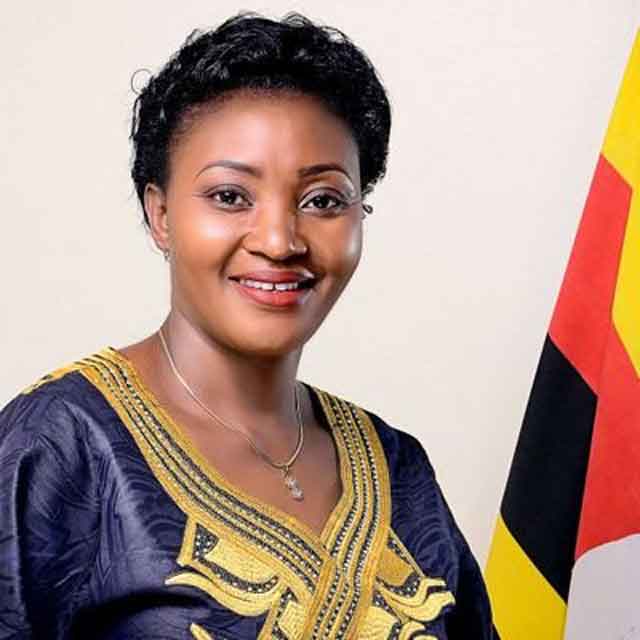
KAMPALA – Women’s rights as human rights emerged as a global issue during the United Nations Decade for Women (1976–1985), when women across different geographic, cultural, religious, racial, and class backgrounds came together as a global movement and organised themselves to improve the status of women. Over subsequent decades, women in different countries have used different spaces to advocate for the recognition and respect of their rights.
With an approximate population of 45.74 million, 50.71 percent of which are female, Uganda has over the past two decades shown commitment towards achieving gender equality and women’s empowerment. The 1995 Constitution, on which all the country’s legislation is based, opposes laws and practises against women’s dignity, and it is the same framework upon which international frameworks like The Convention on the Elimination of All Forms of Discrimination Against Women CEDAW], a key international agreement on women’s human rights often described as an international bill of rights for women, and the Protocol to the African Charter on Human and People’s Rights on the Rights of Women in Africa (Maputo Protocol) have been domesticated. CEDAW and the Maputo Protocol signal a successful mainstreaming of women’s rights as human rights and impose the main obligation on member states to implement the frameworks.
Despite the positive steps that have been taken in Uganda to promote gender equality and women’s empowerment, the position of women in Ugandan society is one of powerlessness, influenced by a range of factors, including cultural biases that unjustly stall women’s career progression in public spaces, a lack of qualifications and skills given the already marginalised position of women in education and training, and low self-confidence.
Further, the COVID-19 pandemic has highlighted the government’s inability to address women’s rights in the “private” sphere [e.g., homes]. Women and girls confined in their homes during COVID-19 lockdowns experienced increases in domestic violence, and about 90,000 girls under the age of 18 were reported pregnant in Uganda, yet private spheres are often thought to be beyond the purview of the State—exempt from governmental scrutiny and intervention. As a result, violence against women and girls that occurs in families continues to remain hidden in the private sphere, where perpetrators of such human rights abuse typically enjoy impunity for their actions.
These biases and gaps impact women’s ability to actively participate in public spaces, generate income, and contribute to economic growth as agents of development. It is not women alone that feel the negative effects of failure to invest in women; their children’s welfare and efforts to combat poverty and achieve economic growth are similarly affected. Subsequently, the government, in the effort to make our communities inclusive, safe, resilient, and sustainable, should ensure adequate investment to address these limitations.
The writer is a former Woman Member of Parliament representing Kasese district, and former Leader of Opposition in Parliament.
Buy your copy of thecooperator magazine from one of our country-wide vending points or an e-copy on emag.thecooperator.news